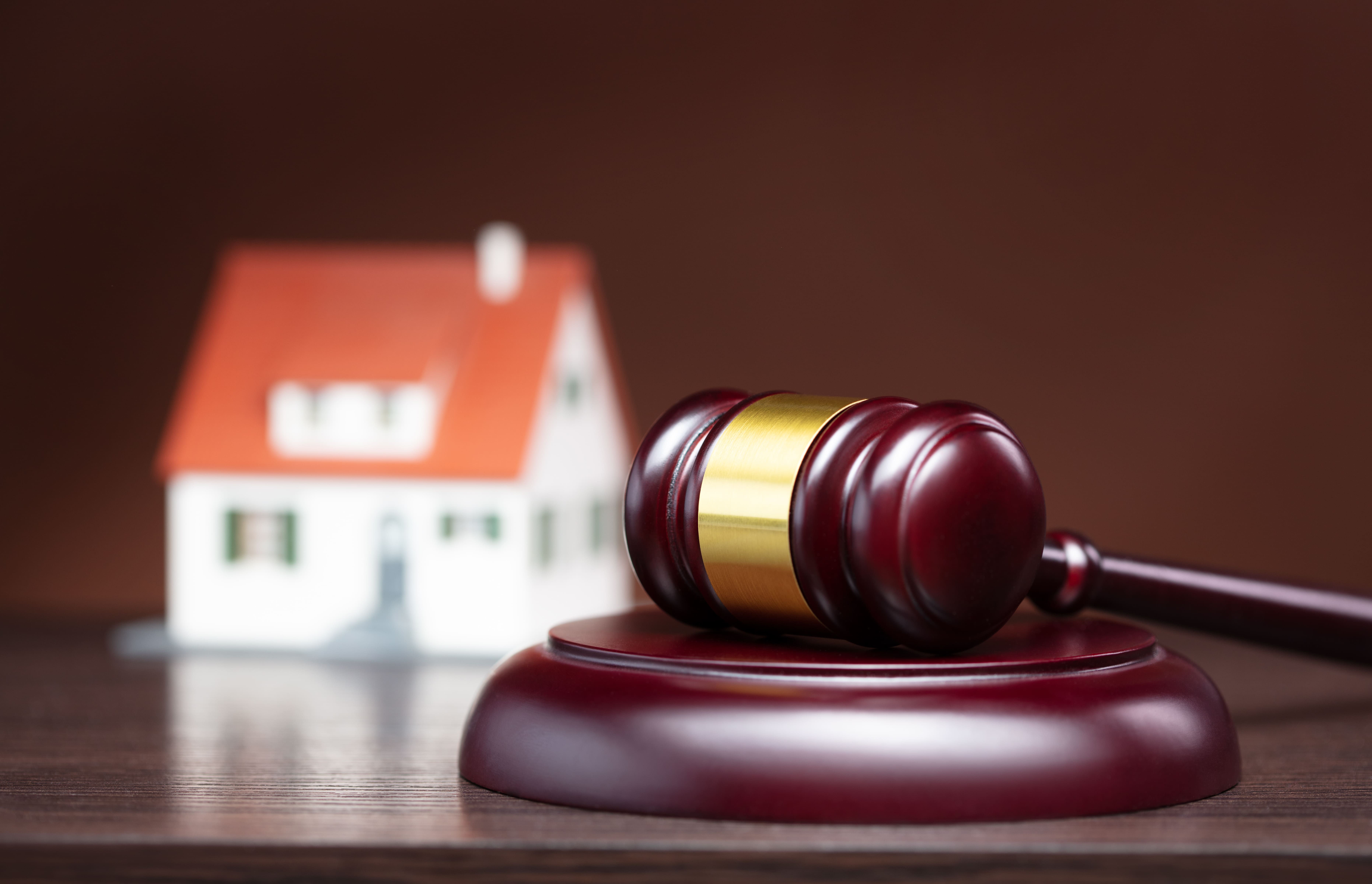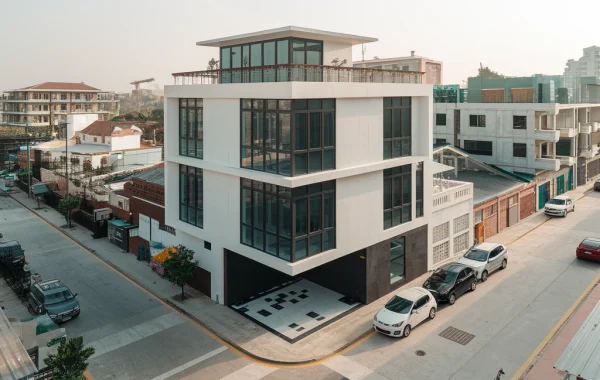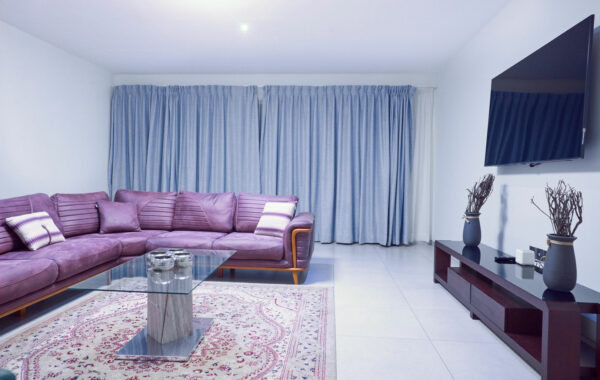
Navigating Property Ownership: Legal Considerations for Buying at Eden Heights
Owning a property is a significant investment that requires careful consideration, especially when it comes to legal matters. Eden Heights Ghana, a luxury residential development located in the heart of West Accra, offers a prime opportunity for those seeking a comfortable and secure living experience. However, navigating the legal Considerations of property ownership can be complex, and it’s essential to understand the various aspects involved.
Understanding Property Rights in Ghana
In Ghana, property rights are governed by a combination of statutory laws and customary laws. These laws define the ownership, use, and transfer of land and buildings. It’s crucial to have a clear understanding of these rights to ensure a smooth and secure property transaction.
Freehold vs. Leasehold
One of the fundamental distinctions in property ownership is the difference between freehold and leasehold. Freehold ownership grants the buyer full and indefinite ownership of the property and land, while leasehold ownership involves owning the property for a fixed period, after which the land reverts back to the freeholder. At Eden Heights, properties are typically offered on a leasehold basis, with leases ranging from 50 to 99 years.
Legal Considerations for Buying at Eden Heights
When purchasing a property at Eden Heights, there are several legal considerations to keep in mind:
Title Search
Before committing to any property purchase, it’s essential to conduct a thorough title search. This process involves examining the legal documents and records related to the property to ensure that the seller has the right to transfer ownership and that there are no outstanding claims or disputes over the property.
Conveyancing Process
The conveyancing process is a crucial step in property transactions, involving the transfer of legal ownership from the seller to the buyer. It’s recommended to engage the services of a licensed conveyancer or lawyer to handle this process, ensuring that all legal requirements are met and that the buyer’s interests are protected.
Property Registration
In Ghana, all property transactions must be registered with the Lands Commission. This registration process involves submitting the necessary documents and paying the required fees. Once registered, the buyer receives a title deed, which serves as proof of ownership.
Financing and Mortgage Considerations
For many buyers, financing the property purchase through a mortgage is a common option. When exploring mortgage options, it’s essential to consider the following:
Mortgage Eligibility and Requirements
Lenders typically have specific eligibility criteria and requirements for mortgage applicants. These may include factors such as income level, credit history, and employment status. Understanding these requirements can help buyers assess their eligibility and prepare accordingly.
Interest Rates and Repayment Terms
Interest rates and repayment terms can significantly impact the overall cost of the property over time. Buyers should carefully review and compare different mortgage offers, taking into account the interest rates, repayment periods, and any associated fees or charges.
Property Taxes and Fees
Property ownership in Ghana comes with various taxes and fees that buyers should be aware of:
Property Rates
Property rates, also known as local government rates or council rates, are levied by the local authorities based on the value of the property. These rates are used to fund various municipal services and infrastructure.
Stamp Duty
Stamp duty is a tax payable on property transactions in Ghana. The rate varies depending on the value of the property and the type of transaction (e.g., purchase, lease, or transfer).
Capital Gains Tax
If a property is sold for a higher price than the original purchase price, the seller may be liable to pay capital gains tax on the profit made from the sale.
Dispute Resolution and Legal Recourse
Despite the best efforts, disputes related to property ownership and transactions can arise. In such cases, it’s essential to understand the mechanisms for dispute resolution and legal recourse available in Ghana.
Alternative Dispute Resolution (ADR)
Alternative dispute resolution (ADR) methods, such as mediation and arbitration, are often preferred as they can be more cost-effective and expedient than traditional court proceedings.
Court Proceedings
If ADR methods are unsuccessful or deemed inappropriate, buyers or sellers can pursue legal action through the courts. Ghana has a well-established legal system, and it’s advisable to seek the guidance of a qualified lawyer when navigating court proceedings related to property disputes.
Conclusion
Buying a property at Eden Heights Ghana is an exciting prospect, but it’s crucial to navigate the legal landscape carefully. From understanding property rights and conducting thorough title searches to exploring financing options and being aware of taxes and fees, each step requires careful consideration. By working with qualified professionals and staying informed about the legal requirements, buyers can ensure a smooth and secure property transaction.
Remember, Eden Heights is a premium residential development dedicated to providing comfortable living spaces and excellent amenities. With its prime location, world-class sports facilities, and serene environment, it offers an unparalleled lifestyle experience. Don’t miss the opportunity to own a piece of this luxurious and meticulously planned community.
Contact Eden Heights today to explore the available properties and begin your journey towards owning your dream home in this exclusive residential enclave.
FAQs:
1. Can foreigners own property in Ghana?
Yes, foreigners can own property in Ghana. However, they may face certain restrictions or additional requirements, such as obtaining non-citizen residency or working through a local entity.
2. Is it necessary to hire a lawyer for property transactions in Ghana?
While not legally required, it is highly recommended to hire a licensed lawyer or conveyancer to handle property transactions in Ghana. They can ensure that all legal requirements are met and protect your interests throughout the process.
3. What are the typical financing options for buying property in Ghana?
Common financing options include mortgages from banks or financial institutions, personal savings, or loans from family and friends. It’s advisable to explore and compare different mortgage offers to find the most suitable option.
4. How long does the conveyancing process typically take in Ghana?
The duration of the conveyancing process can vary depending on the complexity of the transaction and the efficiency of the parties involved. On average, it can take several weeks to a few months to complete the process.
5. Are there any restrictions on foreigners renting out properties in Ghana?
Generally, there are no specific restrictions on foreigners renting out properties in Ghana. However, it’s essential to comply with relevant rental laws and regulations, such as obtaining the necessary permits and paying applicable taxes.


